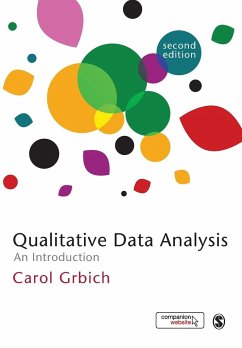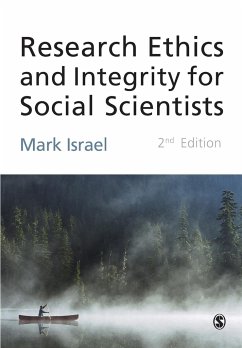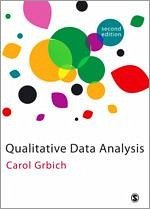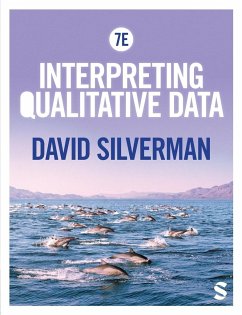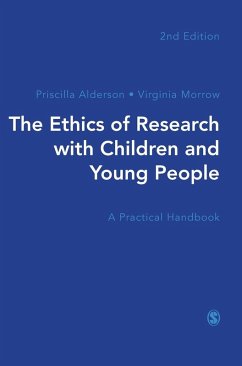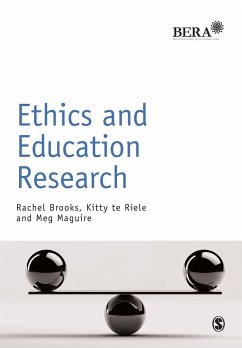
Ethics in Qualitative Research

PAYBACK Punkte
23 °P sammeln!
This fresh, confident second edition expands its focus on the theoretical and practical aspects of doing qualitative research in light of new ethical dilemmas facing researchers today.In a climate of significant social and technological change, researchers must respond to increased ethical regulation and scrutiny of research. New sources, types of data and modes of accessing participants are all challenging and reconfiguring traditional ideas of the research relationship.This engaging textbook explores key ethical dilemmas - including research boundaries, informed consent, participation, rappo...
This fresh, confident second edition expands its focus on the theoretical and practical aspects of doing qualitative research in light of new ethical dilemmas facing researchers today.
In a climate of significant social and technological change, researchers must respond to increased ethical regulation and scrutiny of research. New sources, types of data and modes of accessing participants are all challenging and reconfiguring traditional ideas of the research relationship.
This engaging textbook explores key ethical dilemmas - including research boundaries, informed consent, participation, rapport and analysis - within the context of a rapidly changing research environment. The book effectively covers the ethical issues related to the data collection process, helping readers to address the ethical considerations relevant to their research.
This fully updated new edition:
- Maps the changing and increasingly technology-reliant aspects of research relationships and practices
- Provides researchers with guidance through practical examples, enabling those engaged in qualitative research to question and navigate in ethical ways
This book is essential reading for all those engaged in qualitative research across the social sciences.
In a climate of significant social and technological change, researchers must respond to increased ethical regulation and scrutiny of research. New sources, types of data and modes of accessing participants are all challenging and reconfiguring traditional ideas of the research relationship.
This engaging textbook explores key ethical dilemmas - including research boundaries, informed consent, participation, rapport and analysis - within the context of a rapidly changing research environment. The book effectively covers the ethical issues related to the data collection process, helping readers to address the ethical considerations relevant to their research.
This fully updated new edition:
- Maps the changing and increasingly technology-reliant aspects of research relationships and practices
- Provides researchers with guidance through practical examples, enabling those engaged in qualitative research to question and navigate in ethical ways
This book is essential reading for all those engaged in qualitative research across the social sciences.





